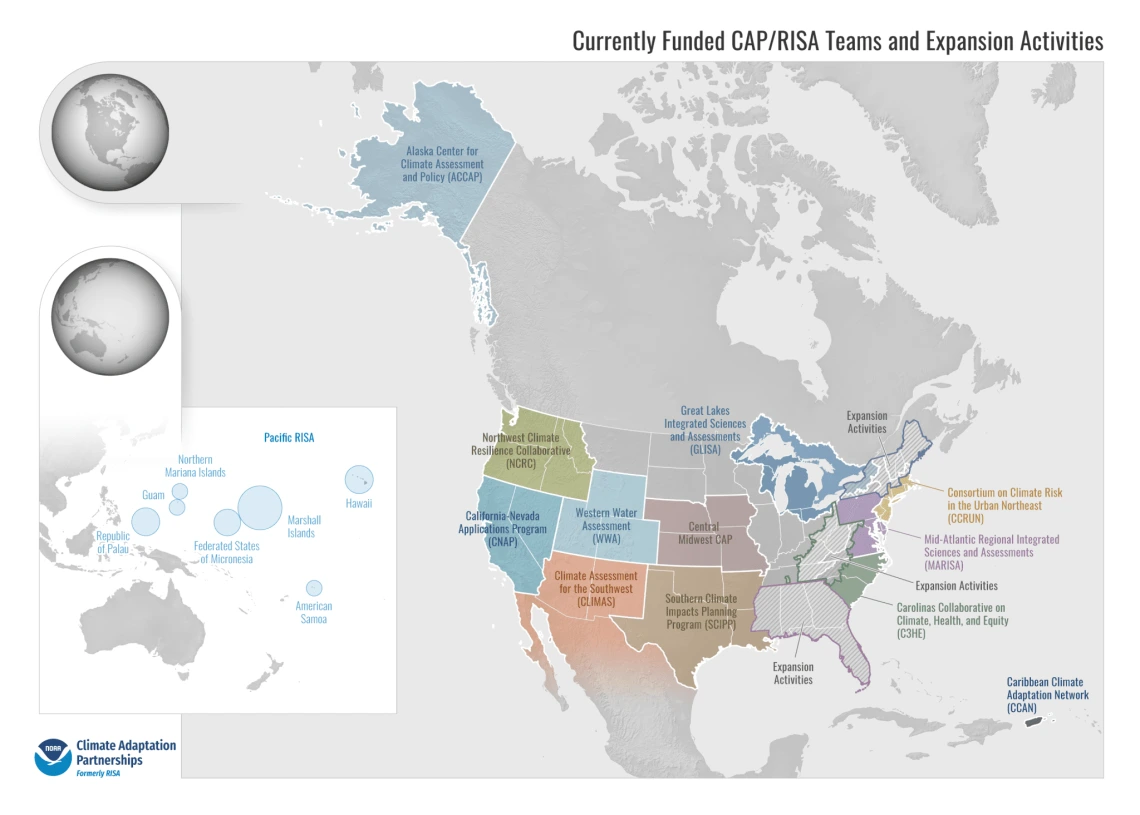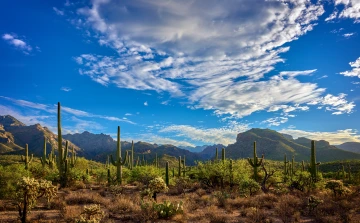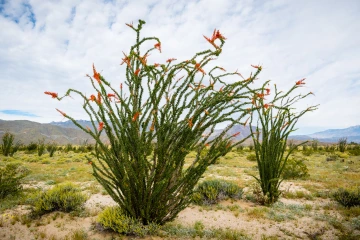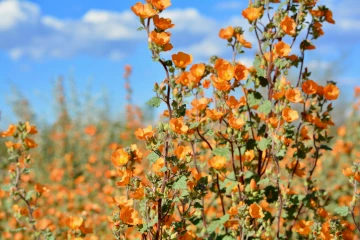Image

Current CAP/RISA Teams: The CAP/RISA Program supports research projects that address climate-sensitive issues of concern to decision makers and policy planners at a regional level. There are currently 12 active CAP/RISA teams across the country.
CLIMAS is part of the Climate Adaptation Partnerships Program formerly known as the Regional Integrated Sciences and Assessments (RISA) Program.




